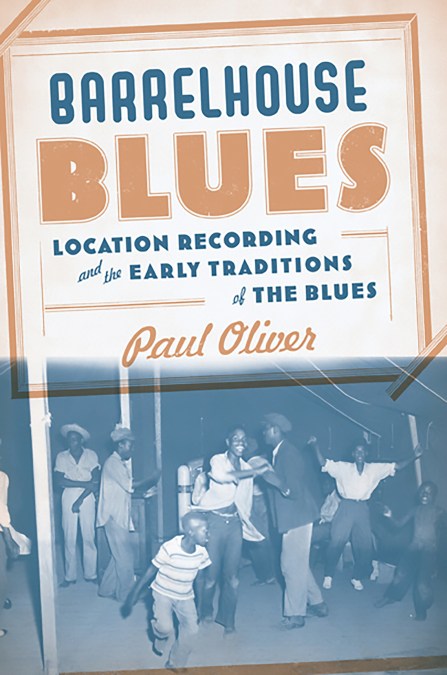Shopping Cart
Barrelhouse Blues
Location Recording and the Early Traditions of the Blues
Description
In the 1920s, Southern record companies ventured to cities like Dallas, Atlanta, and New Orleans, where they set up primitive recording equipment in makeshift studios. They brought in street singers, medicine show performers, pianists from the juke joints and barrelhouses. The music that circulated through Southern work camps, prison farms, and vaudeville shows would be lost to us if it hadn’t’t been captured on location by these performers and recorders.
Eminent blues historian Paul Oliver uncovers these folk traditions and the circumstances under which they were recorded, rescuing the forefathers of the blues who were lost before they even had a chance to be heard. A careful excavation of the earliest recordings of the blues by one of its foremost experts, Barrelhouse Blues expands our definition of that most American style of music.
Eminent blues historian Paul Oliver uncovers these folk traditions and the circumstances under which they were recorded, rescuing the forefathers of the blues who were lost before they even had a chance to be heard. A careful excavation of the earliest recordings of the blues by one of its foremost experts, Barrelhouse Blues expands our definition of that most American style of music.
Newsletter Signup
By clicking ‘Sign Up,’ I acknowledge that I have read and agree to Hachette Book Group’s Privacy Policy and Terms of Use
Praise
The Philadelphia Inquirer
“Detailed and deeply felt, Barrelhouse Blues is quite the education.”
Examiner.com
“Oliver's research is deep and his opinions raise questions, but his is a fine book for any blues fan yearning to learn about its origins.”
“Detailed and deeply felt, Barrelhouse Blues is quite the education.”
Examiner.com
“Oliver's research is deep and his opinions raise questions, but his is a fine book for any blues fan yearning to learn about its origins.”
